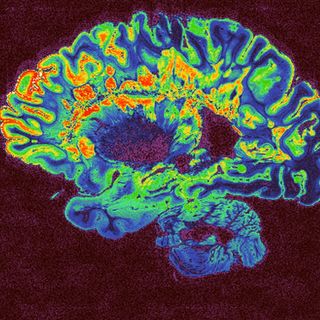Most discussions of adolescent drug use are one-dimensional — it’s all bad, just say no, it’s a gateway drug. But a new study by the Université de Montréal provides some much needed nuance to the topic, finding that marijuana might be a gateway drug more for some kids than others. In the study, kids who start smoking marijuana at the beginning of their teens were at much greater risk (68%) of developing a drug abuse problem by age 28. However, the risk dropped to 44% if cannabis use started between 15 to 17 years.
“The odds of developing any drug abuse symptoms by age 28 were reduced by 31% for each year of delayed onset of cannabis use in adolescence,” say researchers from the UdeM’s department of psychology, School of Psychoeducation and the CHU Saint-Justine Hospital Research Centre.
Led by doctoral student Charlie Rioux, they studied data of more than 1000 disadvantaged boys enrolled in a study that began in the early 1980s. Each year between ages 13 and 17, the teenagers were asked if they had partaken of cannabis in the year prior.
The boys were consulted again at ages 17, 20 and 28. They were not only asked about consumption of cannabis, but also other drugs, including hallucinogens, cocaine, amphetamines, barbiturates, tranquilizers, heroin and inhalants. The data was then combined and analyzed to discover what age each participant had begun using drugs.
The research concluded kids who started using cannabis before age 15 showed much higher tendencies to develop a drug problem as young men. This was true regardless of the frequency with which the drug was consumed.
“The odds of developing any drug abuse symptoms by age 28 were non-significant if cannabis use had its onset at ages 15 to 17, but were significant and almost doubled each year if onset was before age 15,” the researchers say. However, frequent users (or boys who used marijuana 20 times or more in a year) at age 17 had almost double the chance of abuse by 28, as compared to occasional users at age 17.
The researchers note that their data points on teen drug use are dated, and that any increase in the potency of cannabis products over the past two decades may affect likelihood of future drug abuse by more recent teenagers.




